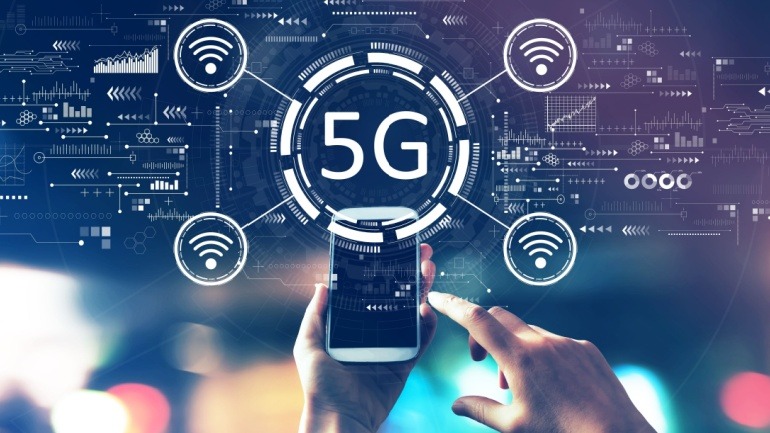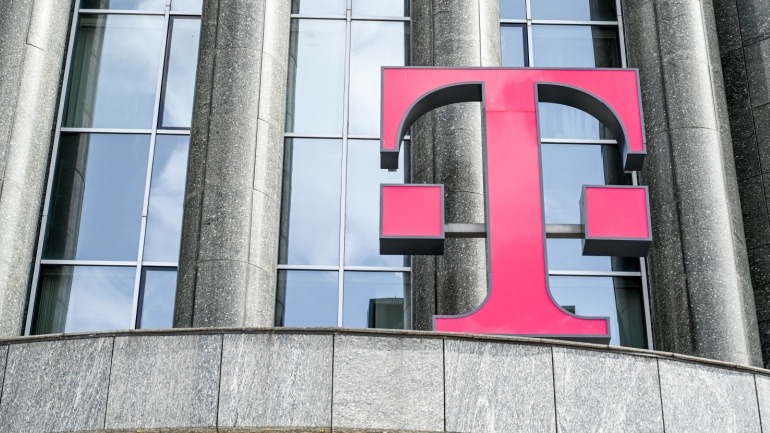T Mobile has launched nationwide L4S on its 5G Advanced network, cutting latency and packet loss for cloud gaming, XR, video calls, and remote driving. Built on its standalone core with network slicing, it adapts to real time conditions.
T-Mobile has launched T-Satellite, a direct-to-device service using Starlink’s satellites, to combat notorious ‘not spots’ in the US and beyond. The service, supporting over 60 smartphones, integrates with T-Mobile’s premium plans.
T-Mobile US has partnered with Comcast and Charter to deliver 5G services for businesses by 2026. The deal allows the cable companies to expand into enterprise mobility without major infrastructure costs, challenging Verizon and AT&T while strengthening T-Mobile’s position in the mid market.
The DOJ has approved T-Mobile’s $4.4 billion acquisition of UScellular’s wireless business, citing limited competition risks despite market concerns. UScellular’s declining performance and lack of scale were key factors. While critics question the deal’s long-term impact and the viability of a fourth national carrier, the FCC maintains jurisdiction over spectrum sales.
T-Mobile has completed a $2 billion network expansion in Florida, adding and upgrading thousands of sites to boost 5G coverage. The project improves speeds, supports emergency response, and introduces satellite service for remote areas. With major investments in Miami, Tampa, and Orlando, T-Mobile continues expanding its Ultra Capacity 5G network to reach more communities.
T-Mobile will launch its T-Satellite NTN on July 23, expanding satellite-to-cellular service to areas without terrestrial coverage. With 1.8 million beta users already active, the service enables seamless messaging on existing devices. Future features include multimedia messaging and emergency texting, even for non T-Mobile customers.
Inseego and T-Mobile have partnered to launch the FX4100, an advanced indoor 5G gateway for businesses. Featuring 5G Standard Access, uplink carrier aggregation, and network slicing, it enables enterprises to adopt wireless as their primary connectivity. The FX4100 offers easy management, broad coverage, and supports demanding applications.
T-Mobile revolutionizes SailGP with top-tier 5G and AI technology, enhancing both the viewing experience and race operations. Its 5G Advanced Network Solutions provides viewers with real-time HD feeds and intuitive decision-making tools, while predictive AI boosts race management.
T-Mobile’s joint venture with EQT to acquire Lumos marks a strategic leap in expanding T-Mobile’s broadband offerings. By transitioning Lumos customers to T-Mobile Fiber, this acquisition positions T-Mobile as a formidable player in fiber services. The $950 million investment aims to enhance network expansion.
T-Mobile US is pioneering advancements in 5G Advanced technology with breakthrough field tests utilizing six-component carrier aggregation. These tests leveraged Nokia and Qualcomm technologies, achieving downlink speeds of 6.3 Gbps, showcasing the future potential of 5G networks.













